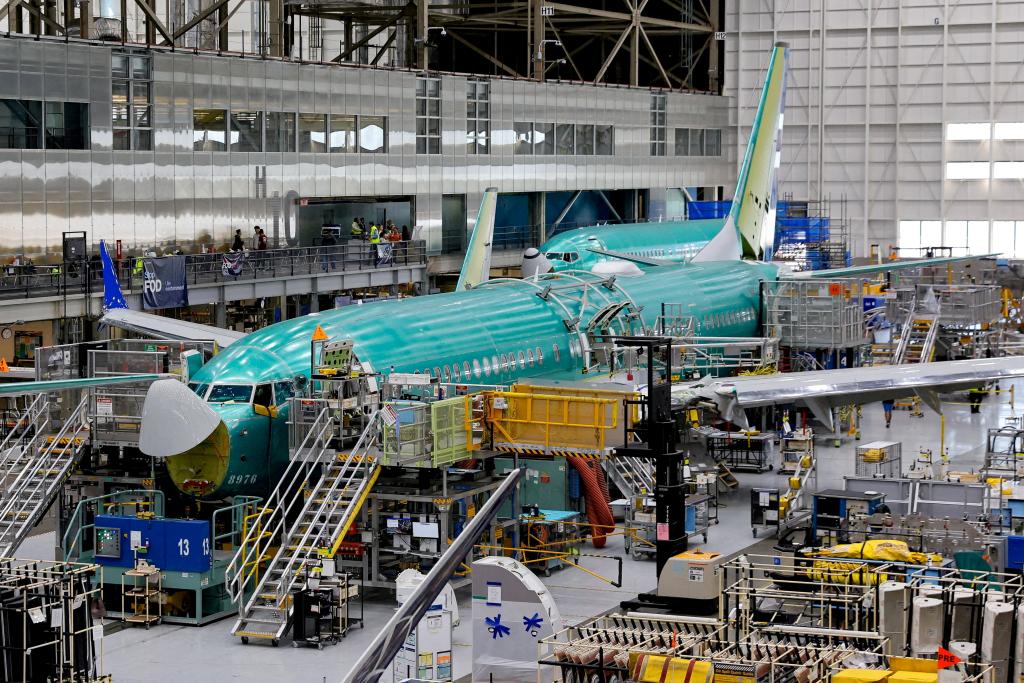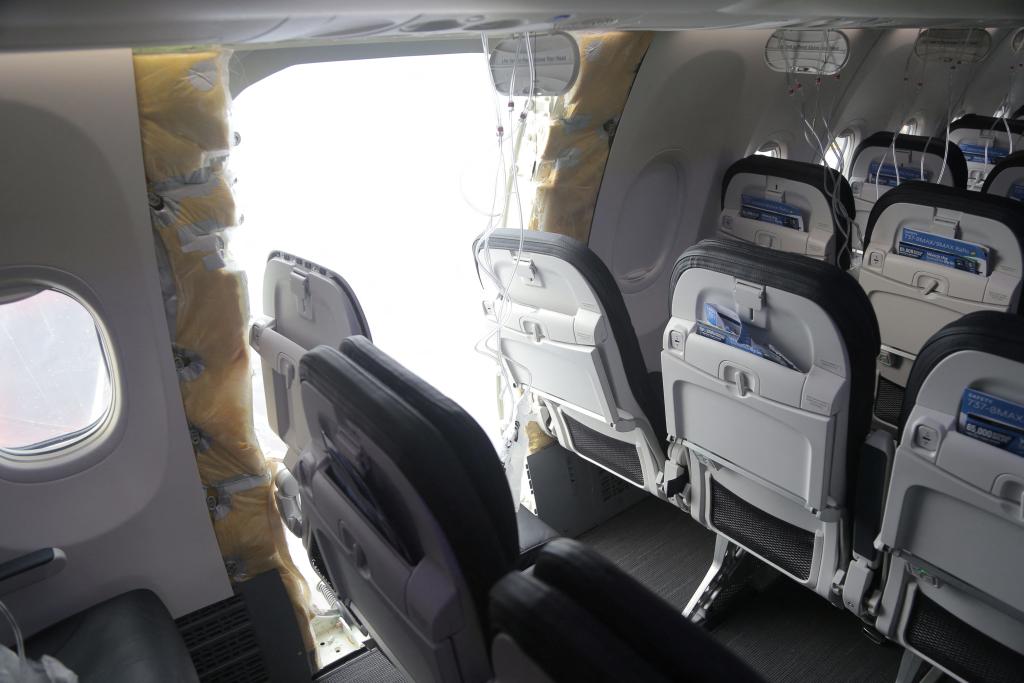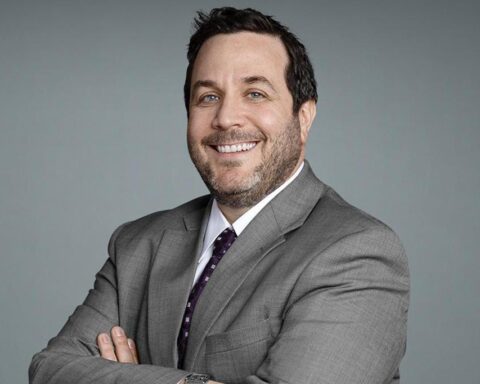Following a series of incidents including two fatal crashes and a mid-air emergency in January 2024, Transportation Secretary Sean Duffy emphasizes the need for stronger accountability and continued reforms within Boeing’s operations to regain public trust.
Boeing Faces Stricter Oversight and Recovery Efforts After Safety Failures, Says Transportation Secretary Duffy
In a candid assessment of Boeing’s current state, Transportation Secretary Sean Duffy declared that the aerospace giant has not only lost its way but also the trust of the American public, citing the company’s recent history of safety lapses and incidents involving its flagship 737 MAX jetliner. These concerns are compounded by two fatal crashes in 2018 and 2019, and a troubling January 2024 mid-air emergency that involved an Alaska Airlines 737 MAX 9, which was missing key bolts.

During a recent visit to Boeing’s 737 factory in Renton, Washington, Duffy emphasized that the Federal Aviation Administration (FAA) is not yet ready to lift the production cap that has been in place since 2024. This cap limits Boeing’s production to 38 planes per month, a restriction put in place following a series of quality control failures.
“When you breach the trust of the American people with that safety and with your manufacturing, we’re going to put the screws to you to make sure you change your ways and start doing things right,” Duffy told Fox News on Thursday. “They’ve lost trust.”
The January 2024 incident — where a mid-air panel blowout was detected on the Alaska Airlines 737 MAX — prompted further scrutiny, leading to Duffy’s meeting with Boeing CEO Kelly Ortberg and acting FAA Administrator Chris Rocheleau. Boeing has since expressed a commitment to improving safety protocols and rebuilding public trust, with Ortberg scheduled to testify before Congress in April.
In his remarks, Duffy acknowledged the changes being made by Boeing’s new leadership, particularly in the areas of manufacturing practices and safety improvements. “They get it and they are making the changes in manufacturing. They are making progress, but they still need tough love,” Duffy said, noting that Boeing must demonstrate consistent improvement before the FAA will consider easing production limits.

The visit coincided with the sixth anniversary of the tragic Ethiopian Airlines Flight 302 crash, which killed 157 people and sparked a global reassessment of the 737 MAX’s design and training protocols. Since then, Boeing has faced intense scrutiny, including a criminal fraud charge in 2023 for breaching a deferred prosecution agreement related to safety issues at its factories.
Despite these challenges, Duffy emphasized the importance of allowing Boeing to rebuild — cautiously. “Once they make quality improvements, we have to take a risk on them, but we’re not there yet,” he explained. Duffy also noted that while the Department of Transportation under President Trump is focused on safety, the President also advocates for lifting restrictions when appropriate, as long as Boeing meets the necessary safety benchmarks.
Earlier in 2023, Boeing agreed to a $243.6 million settlement for its involvement in a criminal conspiracy charge related to misleading safety assessments and record-keeping errors. This settlement followed revelations that Boeing had allowed potentially dangerous work practices to continue at its facilities, further undermining confidence in the company.
The road ahead for Boeing is one of continued oversight and reform. As the company works to regain public trust, Duffy’s comments underscore the crucial role of accountability in ensuring that the aerospace giant is able to meet the high standards expected by both regulators and the American public.















